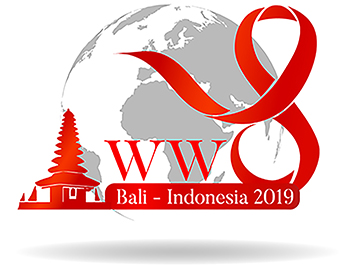Syarifah Nova Amiza Zam, Melita Sylvyana, Endang Sjamsudin
Oral and Maxillofacial Surgery, Padjadjaran University, Bandung, West Java, Indonesia.
Oral and Maxillofacial Surgery, Hasan Sadikin General Hospital, Bandung, West Java, Indonesia.
Abstract
Objectives: Third molar surgery is one of the common procedures performed by oral and maxillofacial surgeons. This kind of surgery is predictable and complications are infrequent. A patient's immune deficiency status must be considered in order to reduce the risk of an unwanted complication arising. HIV patients may well have an immune system deficiency until the disease has been stabilised.
Third molar surgical procedures are associated with excessive bleeding and an increased risk of infection in oral region. Improvements in oral hygiene must be encouraged prior to surgery by pre-operative scaling, prophylactic antibiotics and also by reviewing the history of anti-retroviral therapy for each patient.
Methods: Seven cases of third molar surgery in HIV patients were undertaken at the oral and maxillofacial surgery department. Intraoral examination revealed typical lesions of HIV patients such as oral candidiasis, hairy leukoplakia, necrotising ulcerative periodontitis, oral ulcers, and also the pericoronitis of third molar.
Radiological examination revealed impacted teeth in the upper and lower the third molar region. Third molar treatment for these patients was carried out as elective surgery under general anesthesia. Prophylactic antibiotics were given to the patients preoperatively.
Treatment planning for HIV patients, follow the same sequence as for other patients, the priorities being to alleviate pain, restore function and prevent further disease. Bleeding control also needed to avoid complications.



